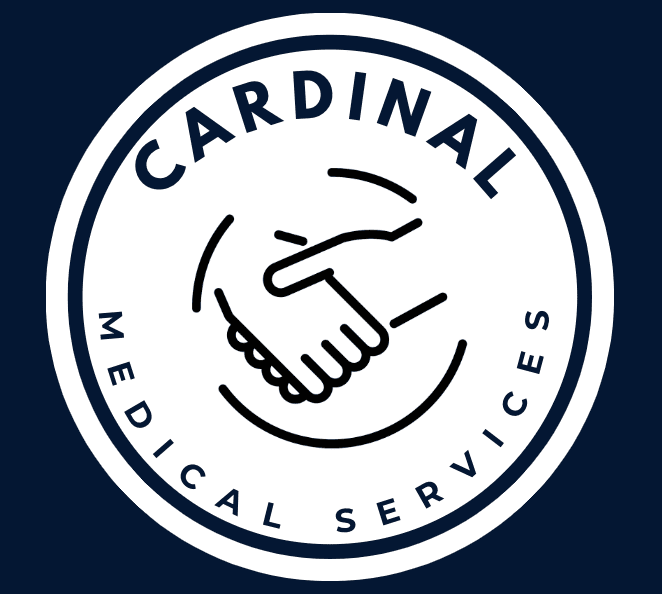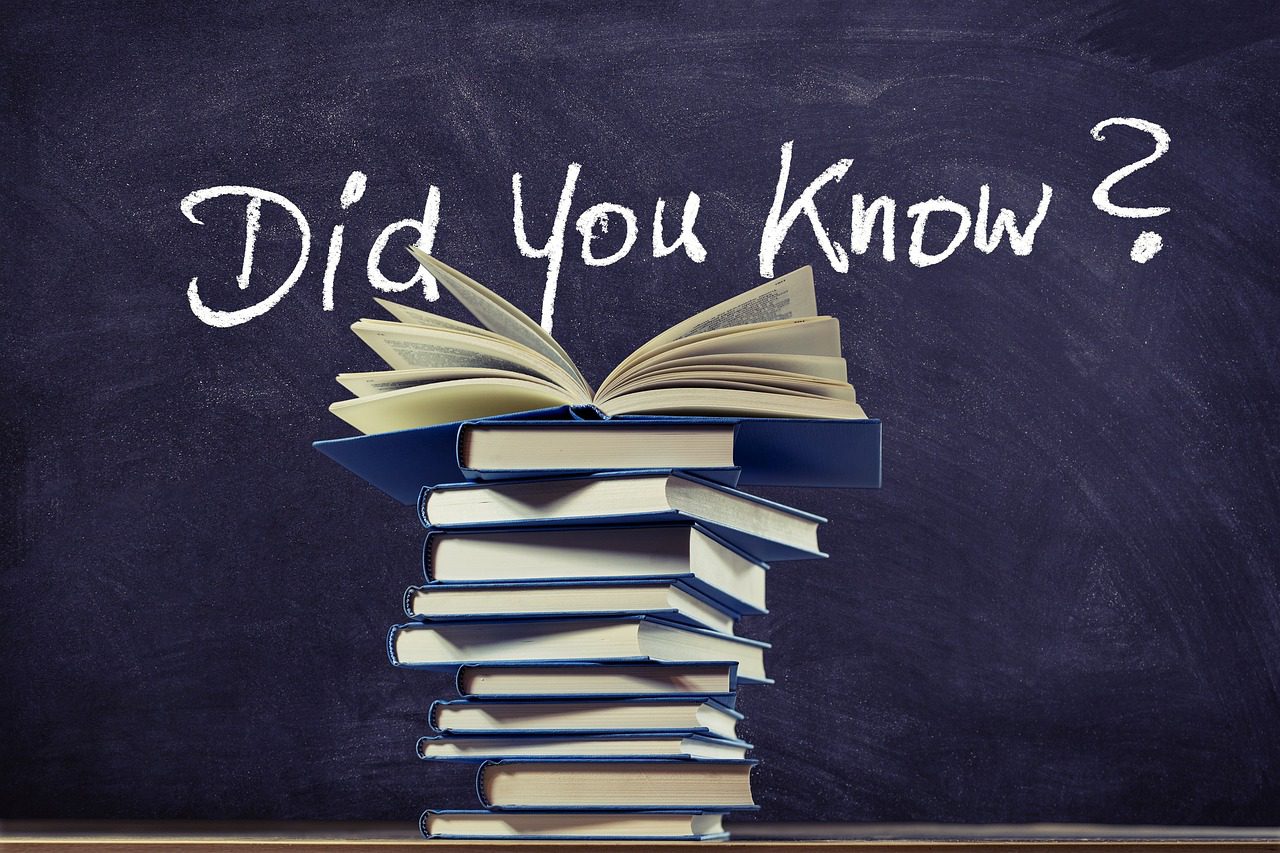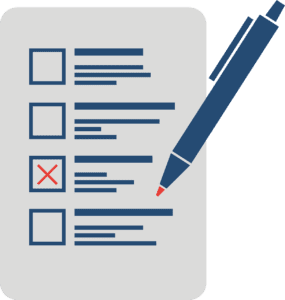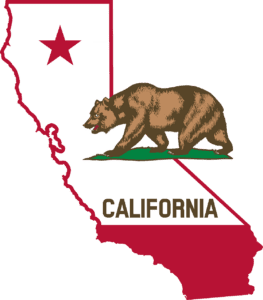
Top 3 Questions Lawyers Should Be Asking of Their Experts - But Aren't

In litigation, expert witnesses can make or break a case. The right expert can clarify complex matters, lend credibility to a position, and provide the jury with insights that are pivotal to the outcome. However, many attorneys miss opportunities to fully leverage their expert witnesses due to a lack of probing questions during preparation and trial. Here are the top three questions that lawyers should be asking their experts—but often aren't—that can elevate their case strategy and effectiveness.
1. "What are the weakest points in your opinion, and how would you address them under cross-examination?"
Why This Question Matters
It's tempting to focus solely on the strengths of an expert’s opinion, but every argument has potential weaknesses. Lawyers often avoid delving into these vulnerabilities, either out of concern that it will undermine confidence or because they assume the expert will handle it independently. However, understanding the weaker points of an expert’s testimony is crucial for a few reasons:
- Preparation for Cross-Examination: Opposing counsel will undoubtedly probe the weak areas. By preemptively discussing these with your expert, you can develop strategies to counter or mitigate these attacks, turning potential pitfalls into opportunities for reinforcement.
- Case Strategy Alignment: This question ensures that the expert's testimony aligns with the overall case strategy. Sometimes, an expert might present a viewpoint that, while scientifically sound, doesn't fit neatly into the narrative the attorney is trying to build.
- Enhanced Credibility: Acknowledging and addressing the weaknesses can enhance the expert’s credibility. Jurors are more likely to trust a balanced, realistic expert who recognizes the complexities and nuances of the case, rather than someone who appears overly confident or dismissive of alternative viewpoints.
How to Leverage the Answer
Once weaknesses are identified, work with the expert to develop succinct, clear explanations or counterpoints. This could involve bolstering weak areas with additional data, refining the scope of the opinion, or preparing analogies that make complex topics more accessible to a lay audience. By doing this, the attorney not only strengthens their expert's testimony but also reduces the likelihood of being caught off-guard during cross-examination.
2. "How does your opinion fit with the opposing expert’s testimony?"
Why This Question Matters
Too often, lawyers operate in silos, focusing solely on their own expert's testimony without adequately considering how it meshes with the opposing expert’s analysis. This oversight can result in missed opportunities to differentiate or align the narratives in a way that favors their side of the case.
- Anticipate and Neutralize: Understanding how your expert’s opinion contrasts with the opposition allows you to anticipate challenges and prepare rebuttals. It also helps in crafting cross-examination questions for the opposing expert that expose inconsistencies or highlight the strengths of your own expert’s stance.
- Create a Cohesive Story: Trials are fundamentally about storytelling. By understanding the landscape of expert opinions from both sides, attorneys can weave a more cohesive, compelling narrative for the jury, contrasting their expert’s insights with the opposition in a way that clearly delineates why their position is superior.
- Identify Common Ground: In some cases, finding areas of agreement between experts can be just as powerful as highlighting differences. Acknowledging common ground can make your case seem more reasonable and balanced, which can be persuasive to jurors and judges who value fairness and objectivity.
How to Leverage the Answer
Ask your expert to review the opposing expert's report, if available, and provide a detailed comparison of the two opinions. Develop a side-by-side chart of key points, highlighting both differences and similarities. Use this chart as a guide for crafting direct examination questions that preemptively address potential conflicts and steer the narrative in your favor.
3. "What alternative methodologies or interpretations exist, and why did you choose the one you did?"
Why This Question Matters
Experts often base their opinions on a specific methodology or set of data, but it's rare that theirs is the only approach available. Lawyers sometimes overlook asking their experts to articulate why they chose one method over another, which can leave a significant gap in the expert’s testimony that opposing counsel may exploit.
- Demonstrating Expertise and Judgment: By exploring alternative methodologies, the expert can demonstrate a deep understanding of their field and show that they have carefully considered multiple approaches before arriving at their conclusion. This thoughtfulness can strengthen their credibility and the weight of their testimony.
- Preemptive Defense: Opposing counsel may attempt to discredit the expert by suggesting that an alternative approach would have been more appropriate. By addressing this proactively, the expert can explain why their chosen method was the most suitable given the circumstances of the case, thereby neutralizing a potential line of attack.
- Transparency and Trust: Jurors and judges are more likely to trust an expert who appears transparent and knowledgeable about the broader context of their opinion. This openness not only enhances the expert’s credibility but also bolsters the overall perception of your case as thorough and well-founded.
How to Leverage the Answer
Request that your expert prepares a brief discussion of the alternative methodologies and why they were not used. This explanation can be incorporated into the expert’s direct examination to showcase the comprehensive nature of their analysis. It also prepares both the attorney and the expert to respond confidently if these alternatives are brought up during cross-examination.
In Conclusion...
The key to maximizing the value of expert witnesses lies in asking the right questions. By delving into the weaknesses of their opinions, understanding how their testimony fits with the opposition, and exploring alternative methodologies, lawyers can not only strengthen their expert’s position but also create a more compelling and resilient case overall. These questions foster a deeper collaboration between attorney and expert, ensuring that both are fully prepared to present a strong, unified front in the courtroom.
Don’t leave these critical conversations on the table—integrate them into your expert preparation process and watch the quality and impact of your expert testimony reach new heights.
P.S. If you think you would like to work with Dr. Lawler, please click here and fill out his intake form. Or, you can call or text 619-241-4942 to get ahold of him directly.
Share This Post On:
Recent Posts
- « Previous
- 1
- 2
- 3
© 2026 Cardinal Medical Services, Inc. All rights reserved.








